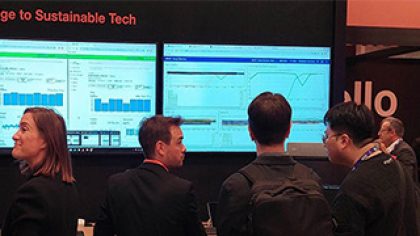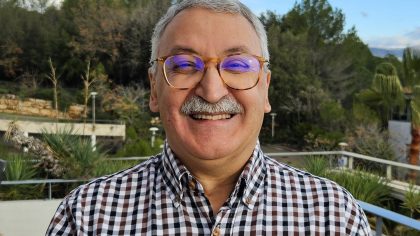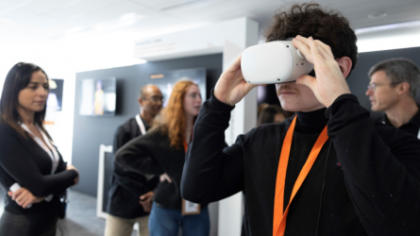Innovation news
research and innovation website
E-Reo Brings Digital Life to Indigenous Languages
Read the article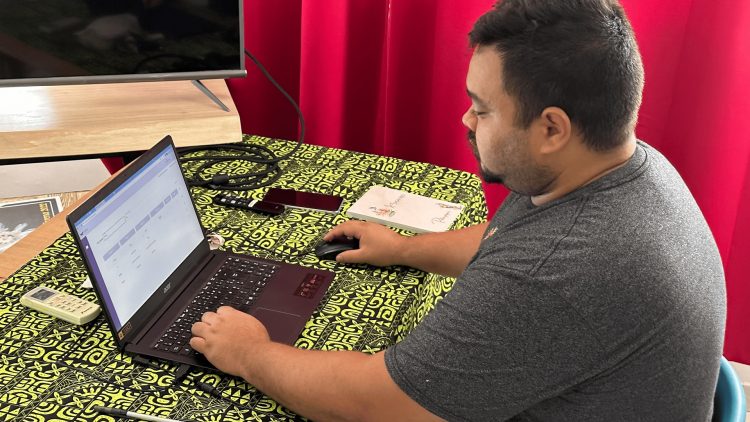

If you're already familiar with innovation in networks and related fields, take a look at our selection of content.
 Discover
Discover the basics of a field of innovation
Discover
Discover the basics of a field of innovation
 Explore
Explore advanced technology use cases
Explore
Explore advanced technology use cases
 Go in-depth
Go in-depth in research and development
Go in-depth
Go in-depth in research and development
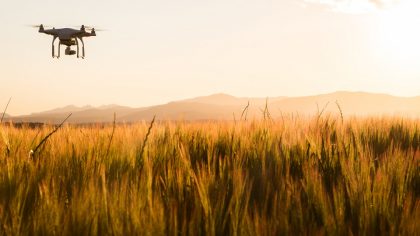
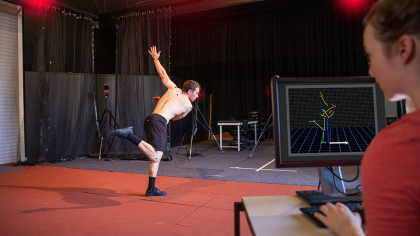



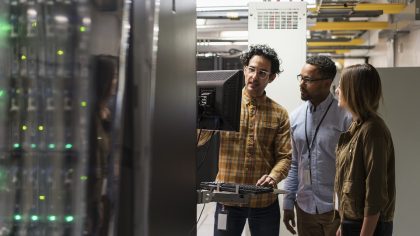
showcases projects, topical issues and the thoughts of Orange experts and actors and stakeholders from across our multiple ecosystems. It seeks to share views on new technologies and the digital world of today and tomorrow. We talk about innovation that is useful, accessible to as many people as possible and a vector of progress for all.
This is where we share topics that help us build the present and, above all, prepare for the future.
🌐Can neutral #networks reduce deployment costs and environmental impact? A neutral network is shared between operators but does not belong to any of them or to a joint- venture between them.
— Hello Future (@Orange_Future) March 25, 2024
👉https://t.co/UwbtCSuJe7 pic.twitter.com/tihms1LkCJ
